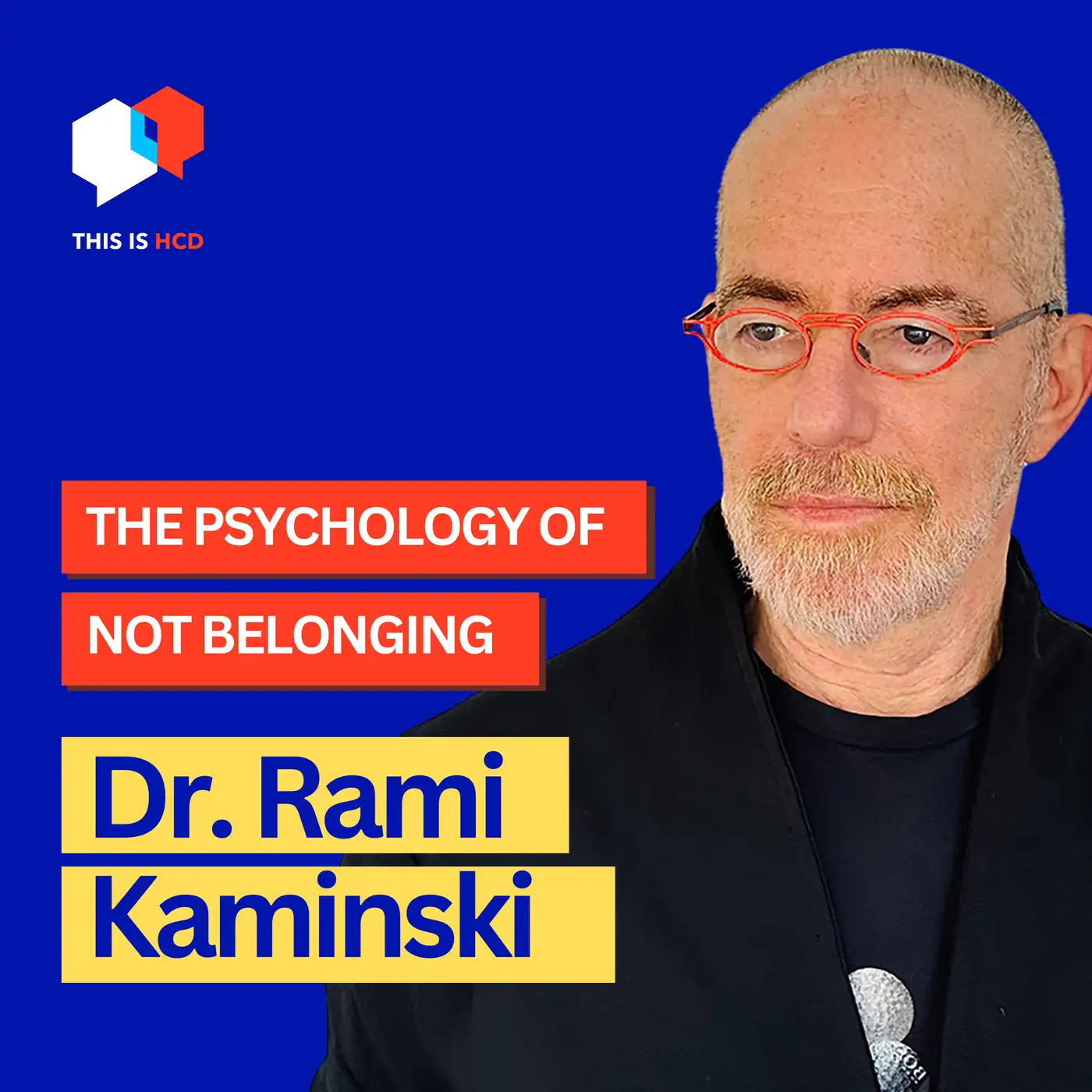🎉 We are getting to launch the new ThisisHCD.com - take it for a test drive?
In this episode I caught up with Roya Azadi, strategic director at Paper Giant, a design consultancy based in Melbourne, Australia.
I follow a few places on my personal social accounts and really respect the work that the folks at Paper Giant do, and was really excited when I saw a project that they did with the Supreme Court in Victoria around accessing Justice. We chat about the project is detail, how Roya and the fellow team members built trust, worked alongside other consultancies, remained focussed on the analogue, and also what Roya brought to the project themselves, through their own story. It’s a great conversation.
https://www.linkedin.com/in/royaaazadi/?originalSubdomain=au
This transcript was created using the awesome, Descript. It may contain minor errors.
Here's our last three episodes from This is HCD.


